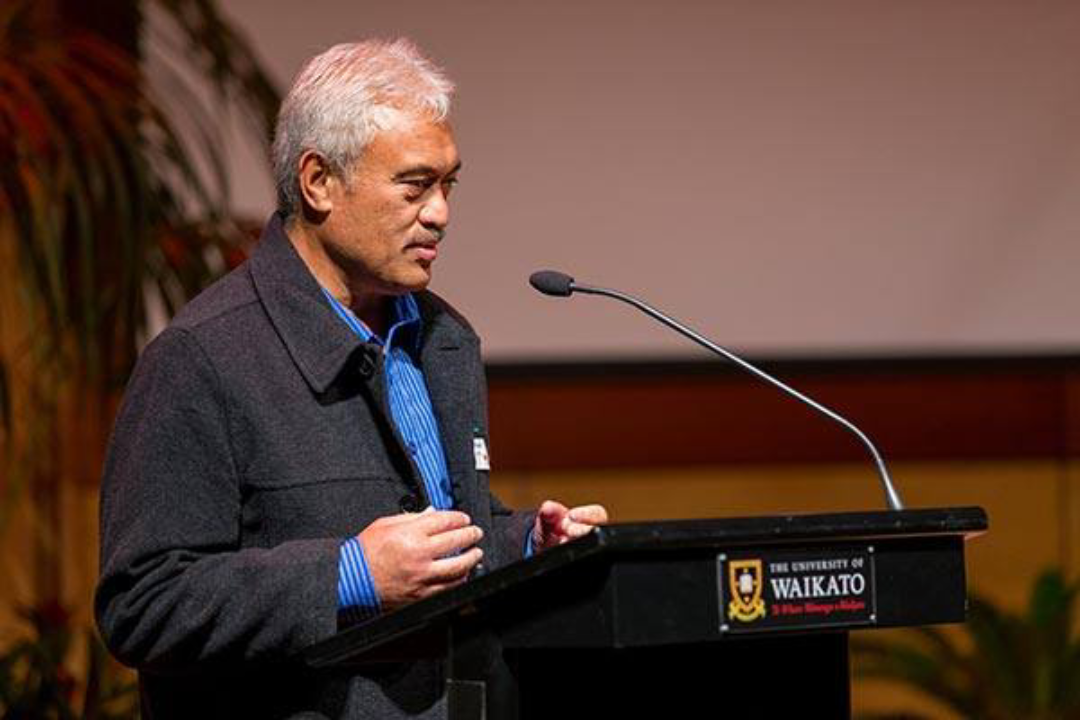Non-fungible tokens, or NFTs, have become part of the common lexicon. Twitter, Instagram, and even the MTV VMAs have become home to influencers extolling the virtues of the digital assets.

Professor Shaen Corbet says regulating cryptocurrency and in particular NFTs is well overdue.
Promising get-rich-quick opportunities, the market for NFTs has boomed in recent years, reaching a peak of $2.7 billion in NFT transactions in May 2022. But NFTs are an exceptionally risky purchase and the bubble is very much at risk of bursting, according to Professor Shaen Corbet, cryptocurrency specialist and visiting professor of Finance at Waikato Management School.
Professor Corbet is calling for increased regulation of both NFTs and cryptocurrency and more transparency among those endorsing digital investments.
“We must also protect innocent bystanders from the worst side-effects of these assets,” he says.
“FinTech investment remains extremely risky and is consistently targeted at the most risk-taking groups within society, similar to gambling products and get-rich-quick schemes. Many of these assets are simply ponzi schemes and rug-pulls. However, irrational exuberance and greater-fool theory take hold, propagating ridiculous asset bubbles.”
The Elliptic NFT Report 2022 found that more than $100m (NZ$163m) worth of NFTs were publicly reported as stolen through scams between July 2021 and July 2022, with an average of $300,000 (NZ$490,000) per scam.
The most common were phishing scams, but also include "Trojan horse" NFTs, impersonation scams, and a range of other scams and thefts.
In addition, more than $8 million (NZD $13 million) of illicit funds have been laundered through NFT-based platforms since 2017.
 Professor Shaen Corbet is calling for increased regulation of both NFTs and cryptocurrency and more transparency among those endorsing digital investments.
Professor Shaen Corbet is calling for increased regulation of both NFTs and cryptocurrency and more transparency among those endorsing digital investments.
Professor Corbet says influencers and celebrities hyping interest in NFTs raises serious ethical questions.
“The role of celebrity endorsement and advertising appears to attract vulnerable people towards investment, often those who simply do not understand the risks they are taking.”
He says celebrities who throw their support behind NFTs they have an investment in are behaving unethically and that their actions constitute price manipulation. The warning bell is being sounded with one of the world’s biggest celebrities, Kim Kardashian, this week settling charges of unlawfully touting a crypto security. She has been fined US$1.26million in penalties and fees.
“The lack of transparency is simultaneously the key advertised benefit of some FinTech but also the Achilles heel of the entire industry.”
It’s an area Professor Corbet and a dedicated cryptocurrency research team at the Waikato Management School are focusing on.
“We have collated social media data and are looking specifically at the influence of sentiment, and the specific behaviour of famous people like Elon Musk, for example, who were tweeting obscure, unfounded comments, and repeatedly trying to surge attention into markets through their significant social media influence.”
Regulating cryptocurrency and in particular NFTs is well overdue, says Professor Corbet. Even though it’s digital money, the lives of real people are impacted.
“This isn’t millions of dollars, we are talking billions, this is some major major coin. What was really scary was that after the [Terra Luna] crash there was still an appetite to invest, and it’s driven by FOMO, the fear of missing out, and it appears it has all those inherent characteristics of DotCom, that massive rush.
“For me, it’s about protecting people from themselves first and foremost, including people who know nothing about cryptocurrency because our research shows that there is now an interaction effect between real financial markets and crypto.”



